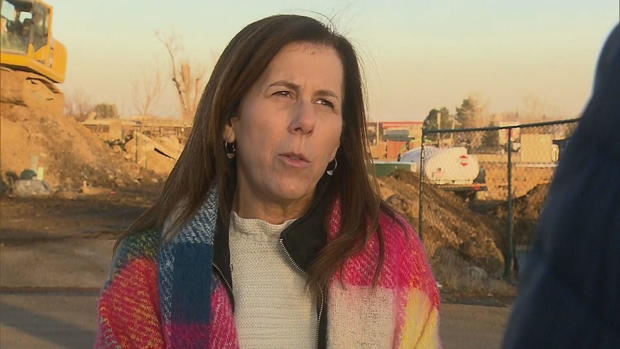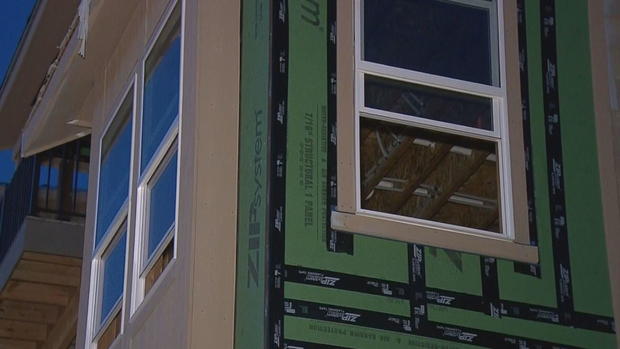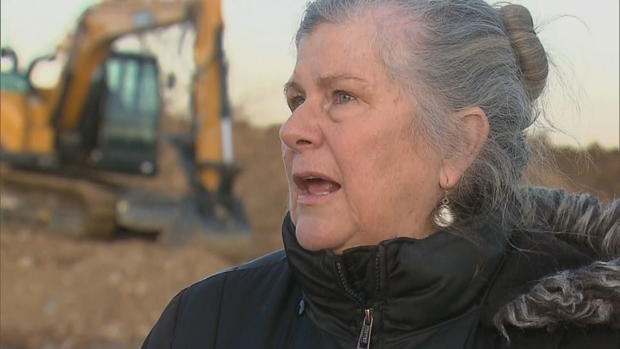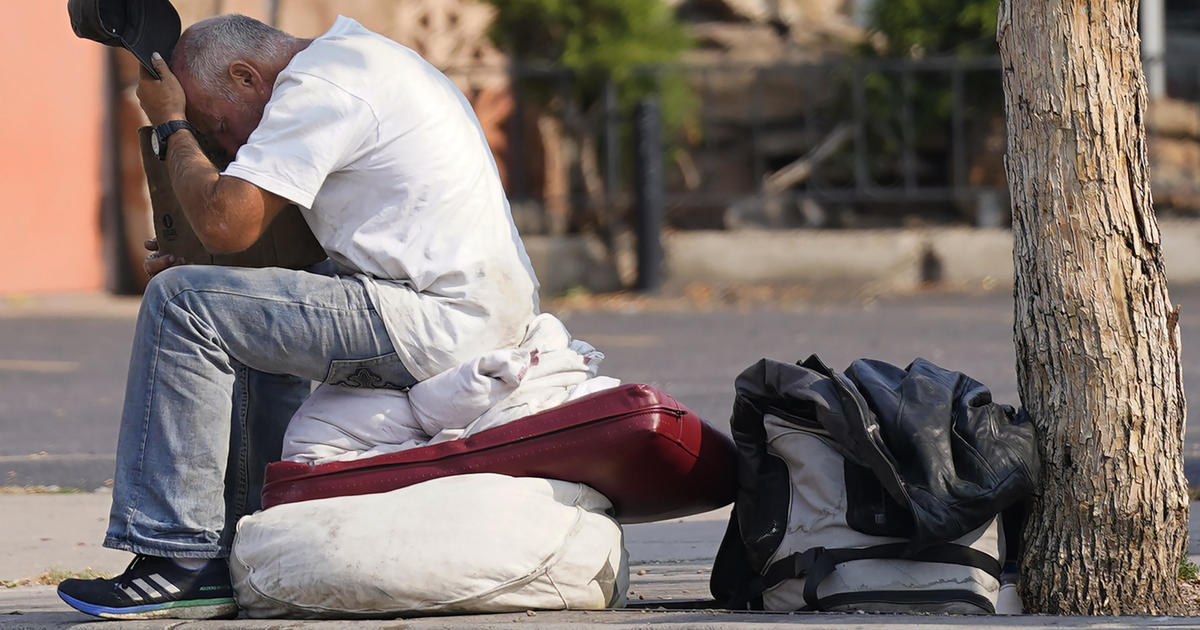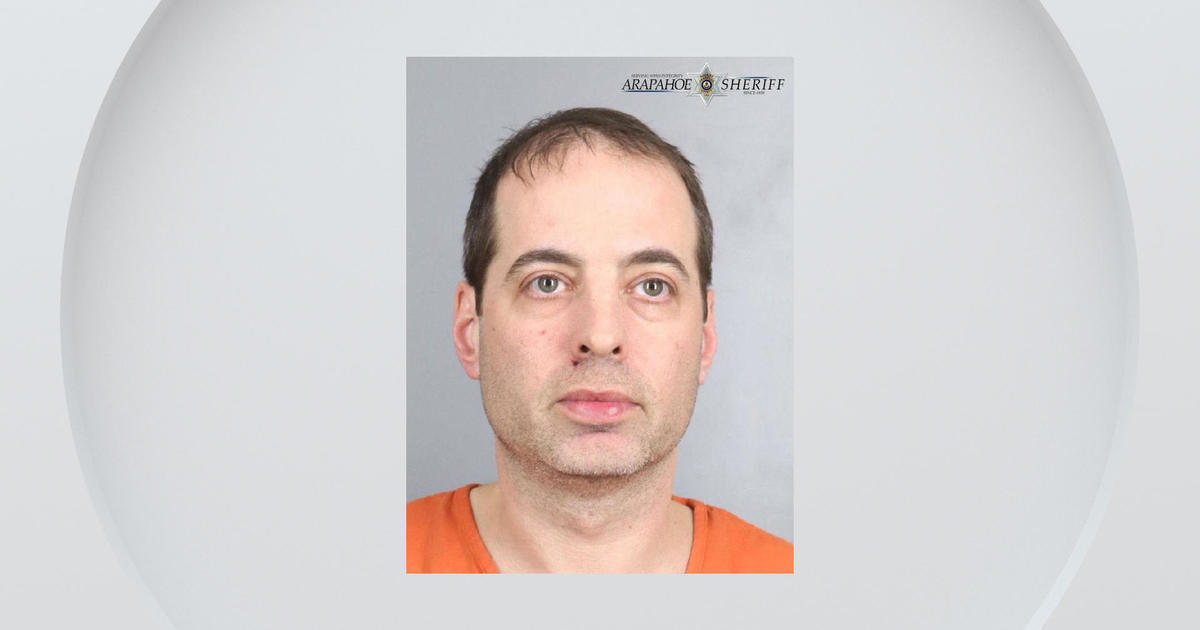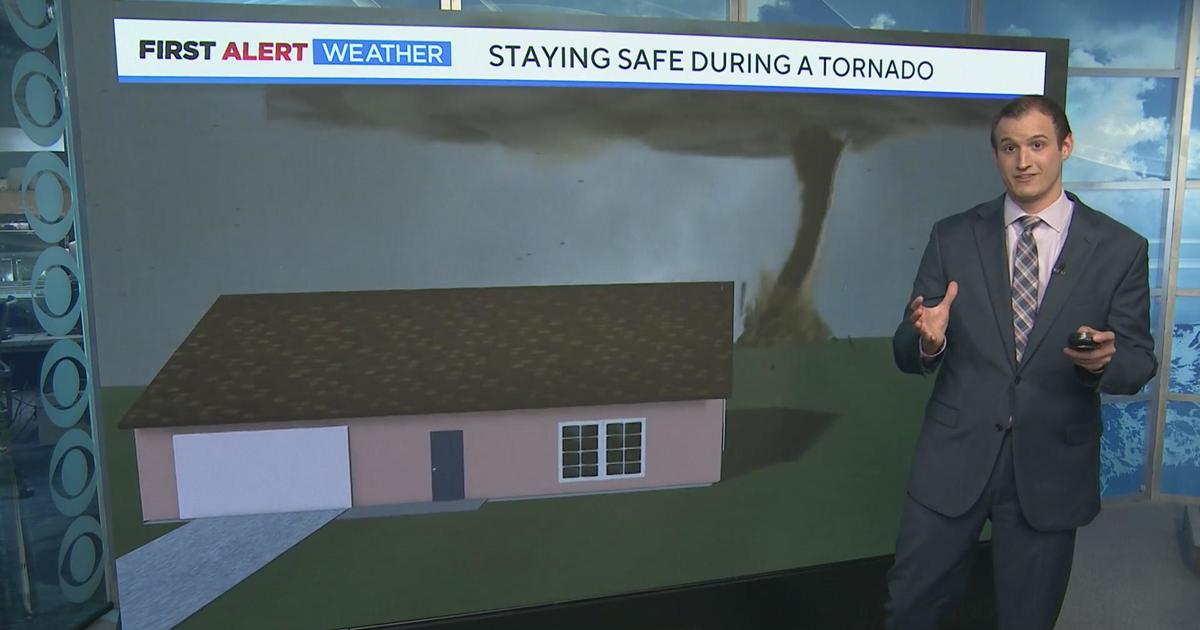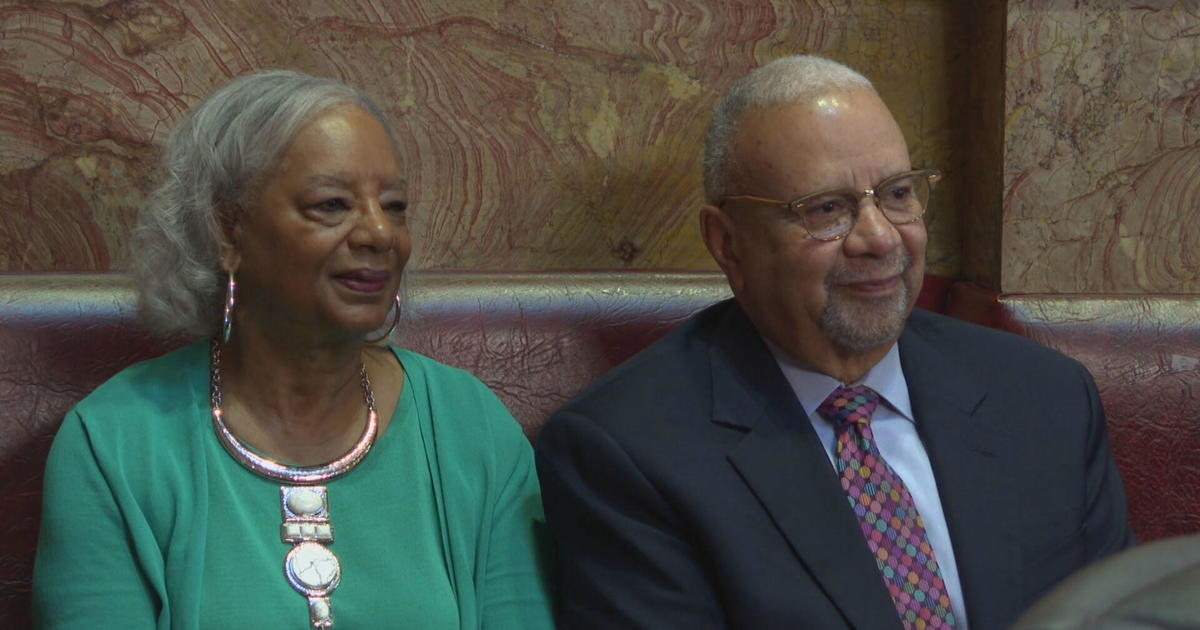Find out what happened to people in rental units after the Marshall Fire
As people who lost their homes in the Marshall Fire build back, there are others who have simply moved on. Many of them were renters at the time of the fire.
Beth Blacker was one of them. She got frustrated dealing with a property management company that handled the condominium she rented.
"It just seemed unfair," she said about her experience after the fire.
The home she rented was not burned, but a block away from properties were lost. One of her first calls was to her insurance company.
"And they're like, you don't own the property so we're only responsible for anything that's damaged of your personal effects," Blacker said.
That meant the place she was living would have to be cleaned up by the out-of-state owner, who had a property management company handle the rental.
"The property management company I called the next day. They said well, your place wasn't on fire, there's no reason for us to do anything and we can't even get in there right now anyway," Blacker said.
What followed she says, was a back and forth over months that preceded notice that her lease would not be renewed. That was back in March.
She would have to leave in July when the lease ended.
Blacker wanted to leave right away, but was told it would not be allowed.
"You have to stay until July or forfeit everything," the property management said.
Annmarie Jensen, executive director of the nonprofit East County Housing Opportunity Coalition, known as ECHO says their discussions with renters have revealed a lot of common problems.
The organization released a report on their findings entitled, "Lessons from the Marshall Fire – Our Law is Insufficient to Protect Renters."
"We saw that all of the attention seemed to be on homeowners," Jensen said.
There were three common themes.
"People asked us why is our city council or county commission or whatever it might be, not doing something to stop the price gouging? They felt like they were being betrayed and didn't realize that the state law didn't allow a city to say for the two years after a disaster that rents are capped at 15% a year or something like that," she said.
Blacker felt she was being pushed out so the rent could be raised, but the reason is hard to prove.
"There was no reason for there to be price gouging. But because they could and nobody was smacking them on the back of their wrist, they were able to do it," she said.
A second problem they found was retribution.
"Tenants often don't have attorneys and they are not in a position to argue for their own health and safety," she said.
A third issue was clean-up.
"When someone says I've cleaned it and you go and move back in and you're still getting headaches, you have a kid who has asthma or something like that and there are problems, there's no clarifying objective standard of when is a unit clean. And we've done that for meth. We could easily do that for smoke," Jensen said.
Jensen has spoken with some state lawmakers about their findings, but so far has not felt much support for action.
Blacker moved into a house-sharing arrangement which she feels fortunate to have found. But believes renters were left with few solutions to their problems.
"This wasn't the first natural disaster that ever happened in this country and yet that's kind of how we handled it," she said.
Here is a link to view the ECHO's report: https://bit.ly/3IKhIVp
